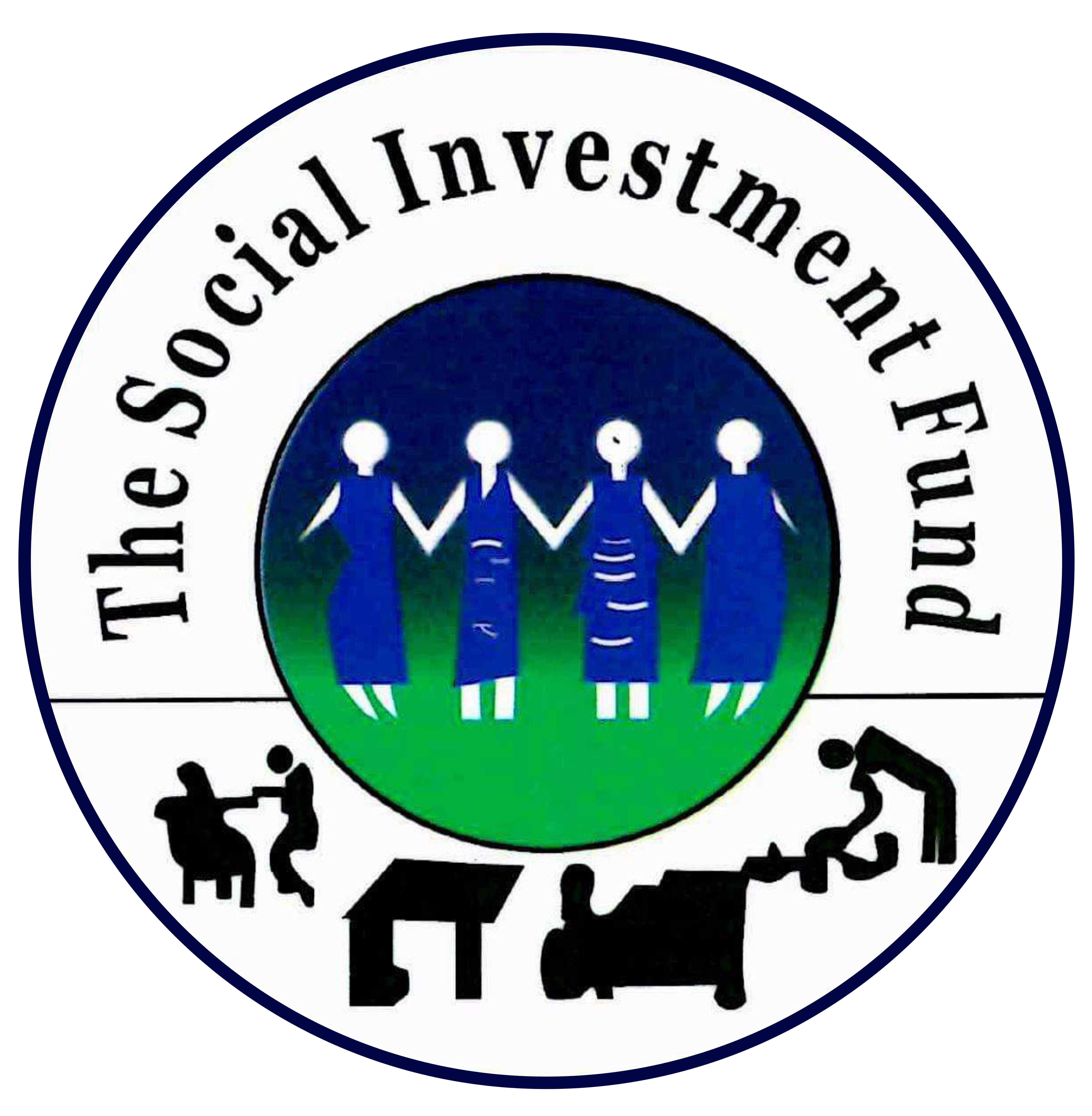The SIF was established in 1998 under the Companies Code 1963 (ACT 179) by the GoG in collaboration with the AfDB and the UNDP.
The SIF was set up as a mechanism for transferring resources to deliver targeted assistance to both Ghana’s urban and rural impoverished communities. The SIF is governed by Board of Directors.
The goal of the SIF is to contribute to reducing rural and urban poverty in Ghana through provision of socio-economic infrastructure, MSMEs development, capacity building and institutional strengthening, project management and provision of consultancy services.
The SIF employs effective institutional collaboration and cooperation coupled with the right targeting of beneficiaries and gender mainstreaming to create opportunities for the poor and the vulnerable.
OPERATIONAL AREAS OF THE SIF:
The SIF operates in all the 16 regions of Ghana with its Fund Management
Unit (FMU) located in Accra.
The SIF operational areas are categorized into zones as follows:
• Zone 1: Upper East, Upper West, North East, Savanah and Northern Regions
• Zone 2: Ashanti, Bono, Bono East, and Ahafo Regions
• Zone 3: Central, Western North, and Western Regions
• Zone 4: Eastern, Volta, Oti, and Greater Accra Regions
Since its incorporation in 1998, the SIF has attained the confidence of multilateral institutions, private business entities and the GoG. The SIF has implemented projects funded by the:
• African Development Bank (AfDB);
• OPEC Fund for International Development (OFID)/Arab Bank for Economic Development in Africa (BADEA);
• United Nations Development Program (UNDP);
• Government of Ghana.
Since its establishment in 1998, the Social Investment Fund (SIF) has successfully completed the implementation of the following projects.
• Ghana Poverty Reduction Project One (GPRP I);
• Ghana Poverty Reduction Project Two (Also known as Poverty II or OFID) ;
• Urban Poverty Reduction Project (UPRP); and
• Integrated Rural Development Project One (IRDP I).
The vision of SIF is to be a lead organization in Ghana and the sub-region for resource transfer to empower communities for sustainable development.
Our mission is to mobilize resources from both internal and external sources as well as consultancy services to facilitate access of the poor to basic economic and social infrastructure, financial services and capacity building for sustainable poverty reduction based on the principles of green economy, accountability, transparency, inclusiveness and gender sensitivity.
Principles expected to guide internal conduct of individuals in SIF, as well as its relationship with the external world, are expressed in the following core values:

Recent Posts
Social Networks
FACEBOOK
TWITTER
INSTAGRAM
YOUTUBE
LINKEDIN